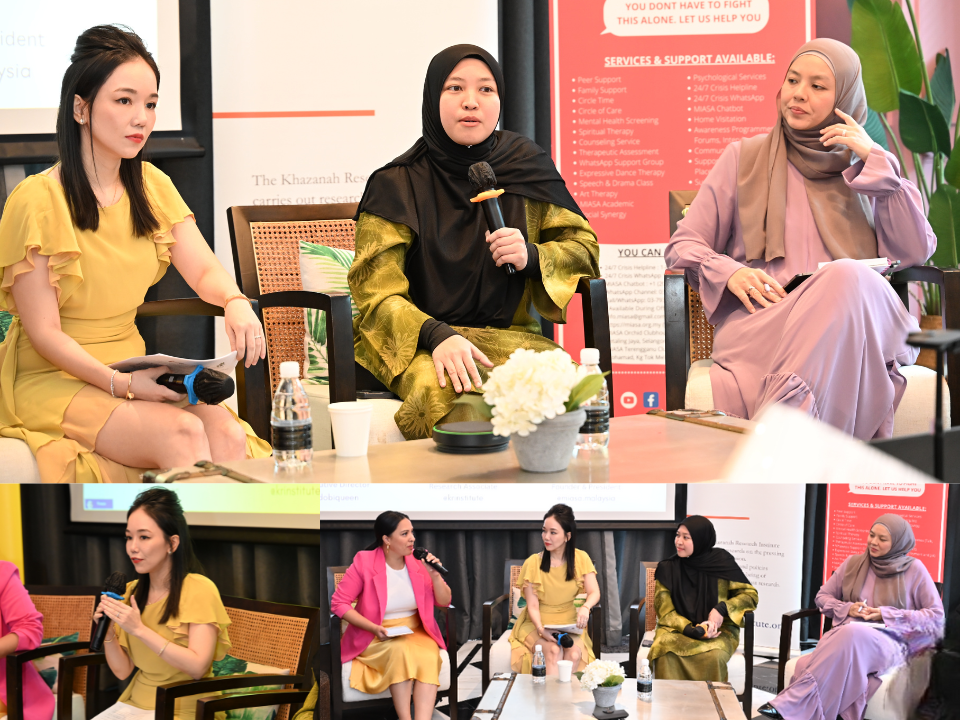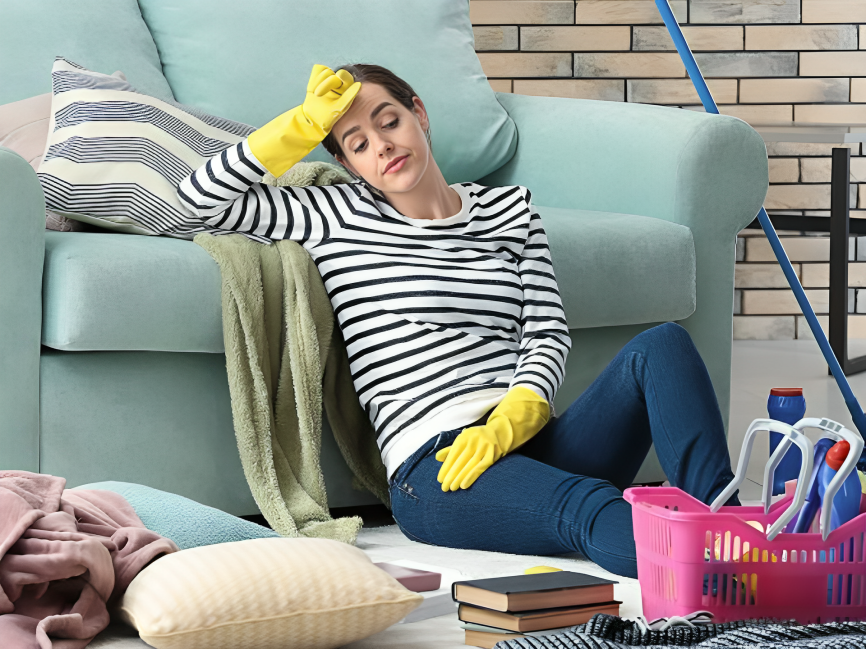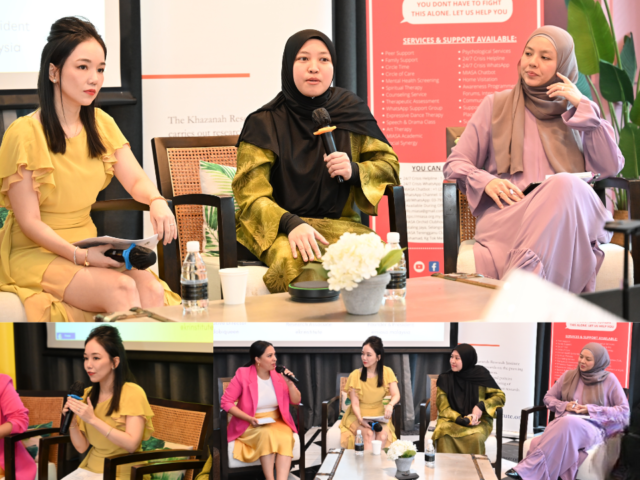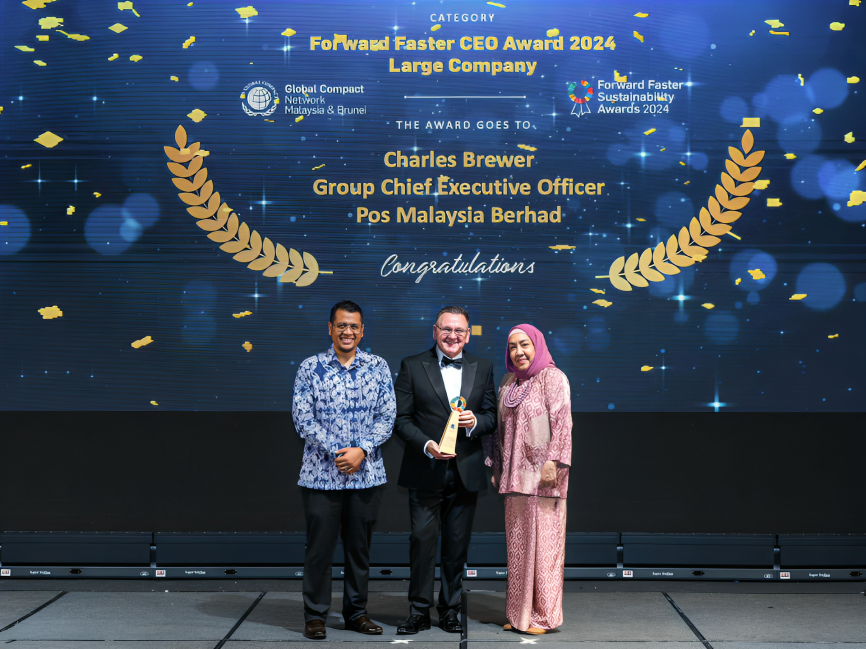
Did you know that in Malaysia, women only make up 37.7% of the labor force despite having 52% female graduates? Despite remarkable strides in education, many Malaysian women are facing issues of gender equality in the workplace.
Experts from Khazanah Research Institute (KRI), Mental Illness Awareness & Support Association (MIASA), and leading self-service laundrette dobiQueen step to address the challenges and support women in balancing their professional and personal lives.
A Closer Look: Women’s Education and Workforce Representation

KRI research shows that women’s education is on par with men’s, but is underrepresentation in the workforce. Not only that, women represent half of the professionals (50.1%) but are underrepresented in key leadership positions as managers (25.4%), technicians, and associate professionals (29%).
This glaring disparity between educational attainment and workforce representation sheds light on the persistent barriers that women encounter.
Gender Bias and Unseen Burden of Household Duties
Gender bias and the heavy burden of household duties seem to be the major culprits hindering gender equality in the workplace. Globally, women are performing significantly more unpaid household duties than men. Because of traditional gender roles, it is unfortunately are not valued as much as they should be.
This double burden significantly impacts their career prospects and professional development. As noted by Research Associate Puteri Marjan Megat Muzafar from KRI, most women state their reason for not working is due to household chores and family duties.
Household Duties’s Impact on Women’s Mental Health

MIASA highlights the mental health repercussions of these gender-based responsibilities. The founder and president of MIASA, Puan Anita Abu Bakar emphasizes that persistent gender inequality in the workplace, combined with societal expectations, contributes to mental health issues such as anxiety and depression.
According to Rakuten Insight in Malaysia’s survey conducted in May 2022, 54% of Malaysian women reported having high stress or anxiety in the past year. It’s clear that the pressures of balancing work, household chores, and caregiving responsibilities exacerbate these mental health challenges in women.
dobiQueen: Innovating Solutions to Alleviate Household Burdens

A recent consumer survey shows that 75% of laundromat users are women. The majority of them are comprised of women who are 50% in full-time employment and 50% homemakers. With that, it’s inspiring to see businesses like dobiQueen addressing these issues and providing innovative solutions to alleviate household burdens.
Customers can plan ahead with dobiQueen’s app and enjoy seamless laundromat experiences such as our Express Same Day Delivery which delivers clean and perfumed clothes back to our customers within six hours or with our Drop-off & Pickup service where our customers can have up to an hour or more leisure time while we handle their laundry.
Co-founder and Executive Director of dobiQueen, Nini Tan
Their services not only ease daily responsibilities but also contribute to better work-life balance, ultimately supporting women’s overall well-being. This redistribution of chores eases stress, prevents burnout, and cultivates a more balanced lifestyle for women with jobs, supporting gender equality in the workplace.
Advancing Gender Equality and Mental Well-Being

Malaysia’s goal to become a high-income nation by 2030, aligned with Sustainable Development Goals (SDG) 2030, emphasizes inclusiveness and gender equality. Addressing gender-based disparities requires supportive workplace policies, such as flexible work arrangements, robust family leave policies, and on-site childcare facilities. These measures can help protect gender equality in the workplace.
MIASA advocates for these changes, noting that evidence-based policies can significantly improve women’s job satisfaction and well-being. By fostering a supportive workplace culture, employers can help mitigate the negative impacts of caregiving responsibilities on women’s mental health.
Looking Ahead: Support and Advocacy
Looking ahead, it’s heartening to know that dobiQueen remains committed to supporting women through innovative services and community engagement to alleviate issues of gender equality in the workplace. The upcoming International Stigma Conference, organized by MIASA and supported by dobiQueen, holds promise for furthering mental health awareness.
Mark your calender on 23rd and 24th November for the conference. If you’re interested in getting involved or seeking support, be sure to explore dobiQueen’s services and stay updated on their promotions on:
- Facebook: @dobiqueen
- Instagram: @dobiqueen










